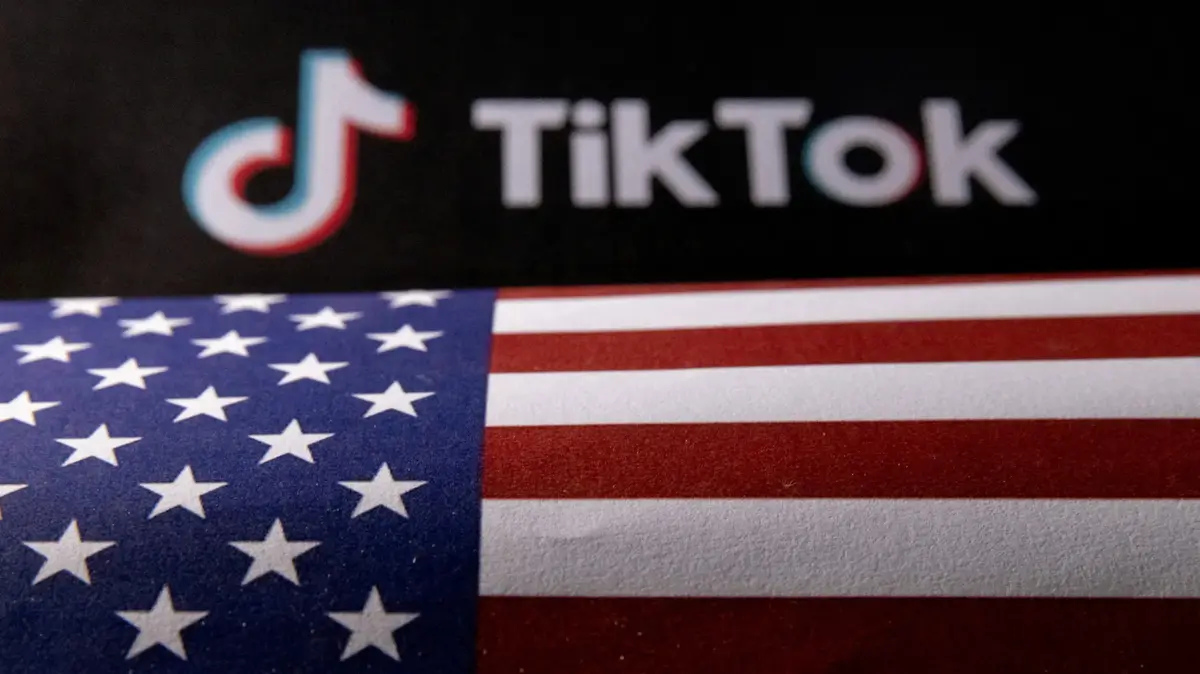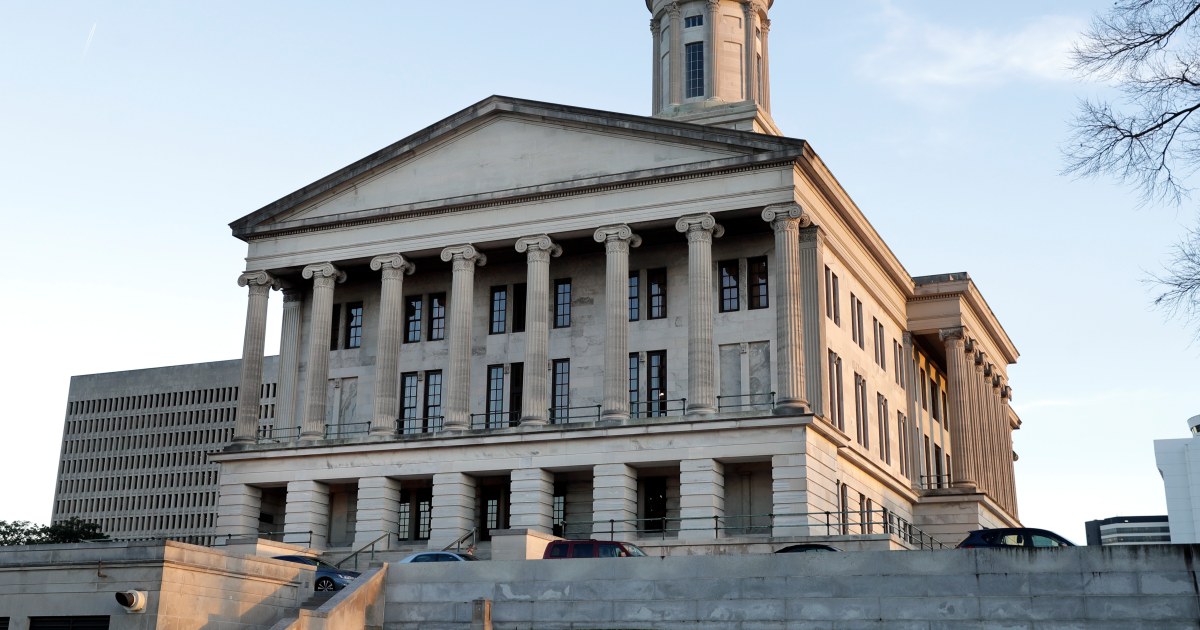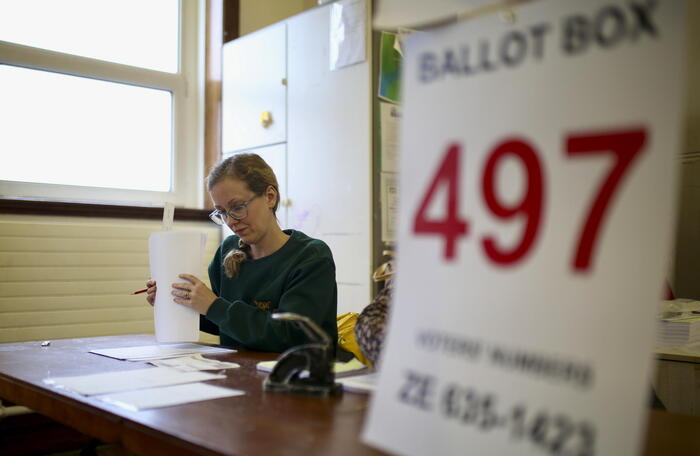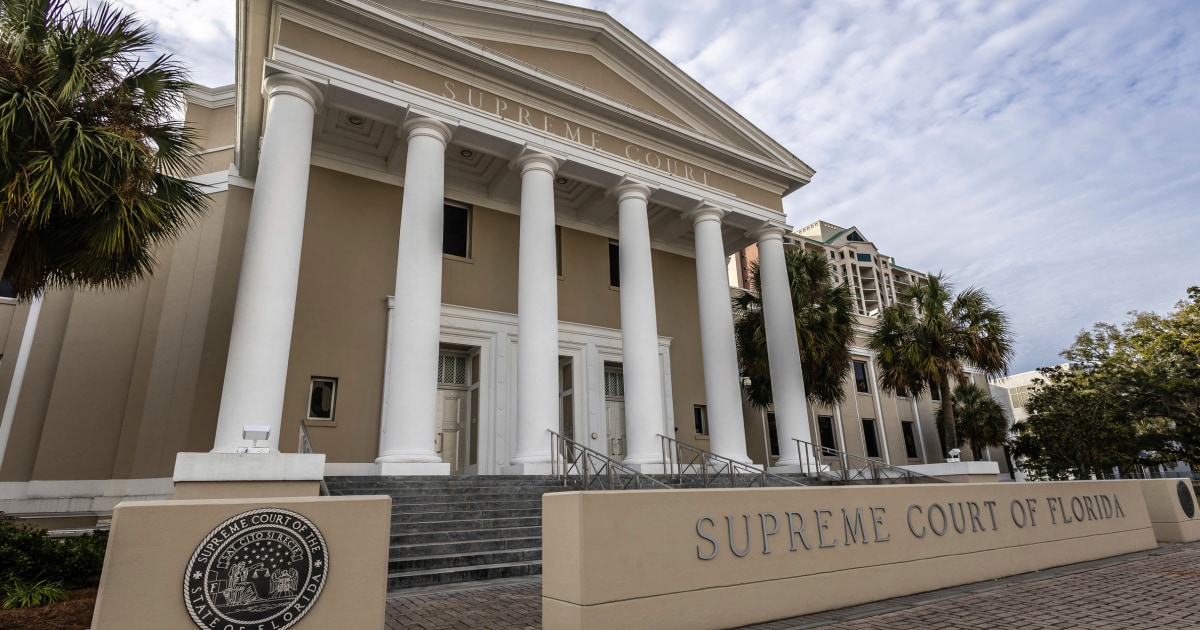Texas shooting reignites gun control debate 2:00
(CNN) -
It's hardly a long sentence: The Second Amendment is 27 words that barely take up a full line in the United States Constitution:
“
A well regulated Militia, being necessary to the security of a free State, the right of the people to keep and bear Arms, shall not be infringed
”
.
(Whose translation, taken from the National Archives, is: "A well-ordered militia being necessary for the security of a Free State, the right of the people to keep and bear arms shall not be infringed").
Schools, scene of gun violence in the United States: these have been the worst shootings, from Columbine and Sandy Hook to Uvalde
And yet, for years, those 27 short words have been the source of contentious debate: seen by some as an inalienable protection against tyranny, and by others as a very dangerous anachronism.
With each mass shooting in the US, it is back at the center of discussions.
Biden after Uvalde, Texas elementary school shooting: Why are we willing to live with this?
This is a deconstruction of the Second Amendment, in which we analyze each of its parts and place it in a legal and historical context.
advertising
Our guides will be constitutional experts Jeffrey Rosen and Jack Rakove.
A well-ordered militia being necessary
What is a militia?
At the time of the American Revolutionary War, militias were groups of able-bodied men who protected their towns, colonies, and ultimately states.
“(When the constitution was written), the militia was a state institution,” Rakove explained.
“The states were responsible for organizing this,” he added.
What did "well-ordered" mean?
One of the biggest challenges in interpreting a document that is centuries old is that the meaning of the words changes or drifts.
"Well-ordered in the 18th century tended to be something like well-organized, well-armed, well-disciplined," Rakove said.
“It didn't mean 'regulation' (as a synonym for bringing order) in the sense we use it now, it's not about the regulatory state.
There have been nuances there.
It means that the militia was in an effective form to fight”, he completed.
Texas shooting reignites gun control debate 2:00
In other words, it does not mean that the state was controlling the military in a certain way, but rather that the military was prepared to do its job.
In the Second Amendment debate, the words “a well-ordered militia” remain one of the most frequently cited and discussed parts.
for security
What kind of security is this snippet referring to?
To understand it, consider the climate of the United States at the time.
The country has just fought a war, won its independence and was expanding westward.
There were plenty of reasons to feel insecure, so "safety" had a very obvious meaning.
"You have a sprawling country, and the militia's primary defense use would be to protect local residents from attack and invasion," Rakove said.
It also meant physical protection against government overreach.
Father of deceased Parkland student speaks out about access to guns in the US after Texas massacre
“The idea of a state militia might also be attractive because it serves as a deterrent against national tyranny,” Rakove said.
“At that point, if government forces were to try to take over the land or overstep its boundaries, then you would have an institution at the ready – the militia – that would outnumber any army,” he continued.
Obviously, with the size and scope of the modern US military – plus the fact that militias as we know them no longer exist – that notion is hard to imagine today.
of a free state
What did a Free State mean?
It might seem obvious, but Rosen and Rakove agree that the Constitution includes a lot of contemporary moralism and not all terms are well defined.
In this case, the meaning of "state" is what it appears to be.
“This immediately refers to 'state' as one of the states of the original colonies,” Rosen explained. “When he wrote the Constitution, James Madison had the 1777 Virginia Bill of Rights next to him and essentially copied and pasted the language from there,” said the expert.
But it could also refer to a broader understanding of freedom.
“So here,” Rosen continues, “George Mason (the author of the Virginia Bill of Rights) is not just talking about the free state of Virginia.
He is also referring to a larger state of freedom.
The 5 deadliest shootings in US history 1:03
the right of the people shall not be violated
What kind of right?
This is another of the most controversial fragments, which helps to better understand how the creators of the Constitution thought about complex ideas such as “law”.
“When we think about 'rights,' we think of them as regulations and exemptions,” Rakove said.
“Back at the birth of America, they had a different quality.
They were more self-righteous,” he explained.
Rosen noted that this perspective is reflected in the Declaration of Independence.
“The framers definitely believed in natural rights: that they are granted by a creator,” he said.
"They believed that we are born into a state of nature before we form governments and that we are endowed with certain fundamental rights," he said.
The shooting in Uvalde puts the debate on armed violence in the US on the table.
Are there regulations missing?
And these natural rights include the right to religious expression, freedom of expression, property, among others.
But, Rosen makes clear, they did not specifically include Second Amendment principles in that set.
"The authors did not mention the right to bear arms as one of the natural rights," he added.
"Though, it is fair to say that as against the right to alter and abolish government - to the extent that modern people claim they have that right - the framers did believe in it."
"In that sense, it is historically correct to say that the perpetrators felt a natural right to self-defense."
Who is the people?
Even the term “the people” – the most basic of all – has limits.
"When you say the people, you mean individual people," Rakove says.
“But, if you go to Article I, Section 2 of the Constitution, it says that the House of Representatives will be elected by the people.
So who are the people?
Who has the right to exercise that vote?
As you can see, you can use the term “people” to refer to a collective mass, but there are also some categories of people that can be excluded”, he explained.
What to do in case of a shooting?
Ultimately, when the Constitution was written, slaves were considered property and women could not vote.
In addition, there is a more basic issue of semantics: by "the people," does the Second Amendment refer to individuals as private entities or as participants in the military?
The legal consensus is that the Second Amendment applies to individual rights, within reasonable regulations.
More on that below.
to own and bear arms
What are weapons in this context and what is the scope of carrying them?
In District of Columbia v. Heller, the Supreme Court decided that Second Amendment rights did apply specifically to the possession of firearms for self-defense.
The decision struck down the Firearms Control Regulations Act of 1975, which harshly regulated gun ownership in the District of Columbia.
In an excerpt from the decision, the Court considered the bizarre approach of the Amendment.
The judges divided the text into an operating clause –“the right of the people to keep and bear arms”– and an introductory clause –“a well-ordered militia being necessary for the security of a Free State–.
The court determined that the relationship between the two fragments, as well as the historical context of the creation of the Constitution, clearly provided an individual right.
Suspect in Buffalo shooting visited store months earlier 3:06
The term “weapons” is also constantly changing, and there are ongoing debates about assault weapons and new firearms technology.
“One thing that people differ on is whether assault weapons bans are constitutional,” Rosen said.
"They also disagree on how we should interpret the Constitution: whether in light of historical terms or new technologies," he said.
What does the Second Amendment mean?
For its modern application and current purposes, Rosen agrees that it is necessary to change the way the Second Amendment is presented before the courts and tribunals.
For most cases, the decisions have remained consistent since Heller's ruling in 2008 and a very similar ruling, McDonald v. City of Chicago, which was resolved in 2010.
"It's really amazing that since these Supreme Court decisions ... the lower courts have upheld almost all of the gun regulations they've asked to review," the expert said.
OPINION | The Surprising Solution to Gun Violence
Words like “military” and “law” are loaded with historical context and nuance that can act like a Rorschach test, leading even the best-intentioned interpreters to different conclusions.
If there were clear answers, these 27 words would not be so incendiary.
Jeffrey Rosen is a professor of law at George Washington University, as well as president and CEO of the National Constitution Center (NCC). The website of this organization has a fully interactive version of the Constitution with commentaries and primary documentary sources.
Jack Rakove is the William Robertson Coe Professor of History at Stanford University. His book "Original Meanings: Politics and Ideas in the Making of the Constitution" won a Pulitzer Prize in History.
Editor's Note:
This text was originally published in 2018 and updated in May 2022.
ConstitutionBearing of armsSecond Amendment








/cloudfront-eu-central-1.images.arcpublishing.com/prisa/OCS7V4Q6YKB6UMI76BXPPNGQJE.jpg)
